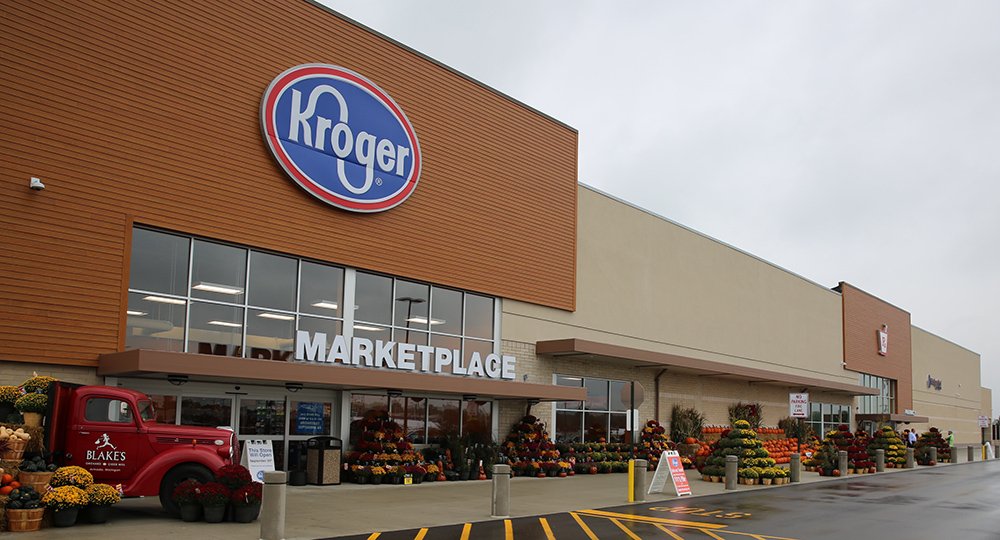Kroger Co. (NYSE: KR) is a major player in the grocery and retail department sector. On June 20, 2025, Kroger reported earnings per share (EPS) of $1.49, surpassing the estimated $1.45. The company generated revenue of $45.12 billion, slightly below the estimated $45.16 billion. Despite the revenue miss, the positive EPS surprise contributed to a 10% surge in Kroger’s stock price.
Kroger’s adjusted EPS of $1.49 for the quarter ending May 24 exceeded Wall Street expectations, while total revenue reached $45.12 billion. The company’s management maintained its full-year earnings outlook and raised its full-year revenue forecast, signaling confidence in its financial performance. This positive outlook, as highlighted by Kroger’s CFO David Kennerley, surprised investors and contributed to the stock’s positive market reaction.
Kroger’s strategic initiatives include optimizing its store network and focusing on core operations. The company plans to close approximately 60 underperforming stores over the next 18 months while completing 30 major store projects this fiscal year. Kroger aims to accelerate new store openings in fiscal 2026, targeting high-growth areas to increase total square footage and improve average store productivity.
Financially, Kroger has a price-to-earnings (P/E) ratio of approximately 18.66, indicating the market’s valuation of its earnings. The company’s price-to-sales ratio stands at about 0.33, suggesting a relatively low market valuation compared to its revenue. Kroger’s enterprise value to sales ratio is approximately 0.49, reflecting the company’s total valuation in relation to its sales.
Kroger’s debt-to-equity ratio is notably high at approximately 3.03, indicating a significant reliance on debt financing. The current ratio is approximately 0.96, suggesting that the company has slightly less than enough current assets to cover its current liabilities. Despite these financial metrics, Kroger’s strategic initiatives and positive earnings outlook position it for future growth.




